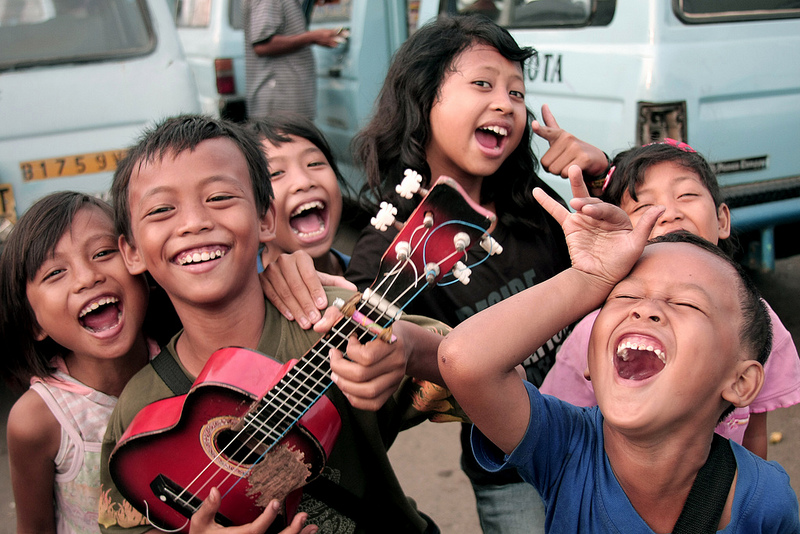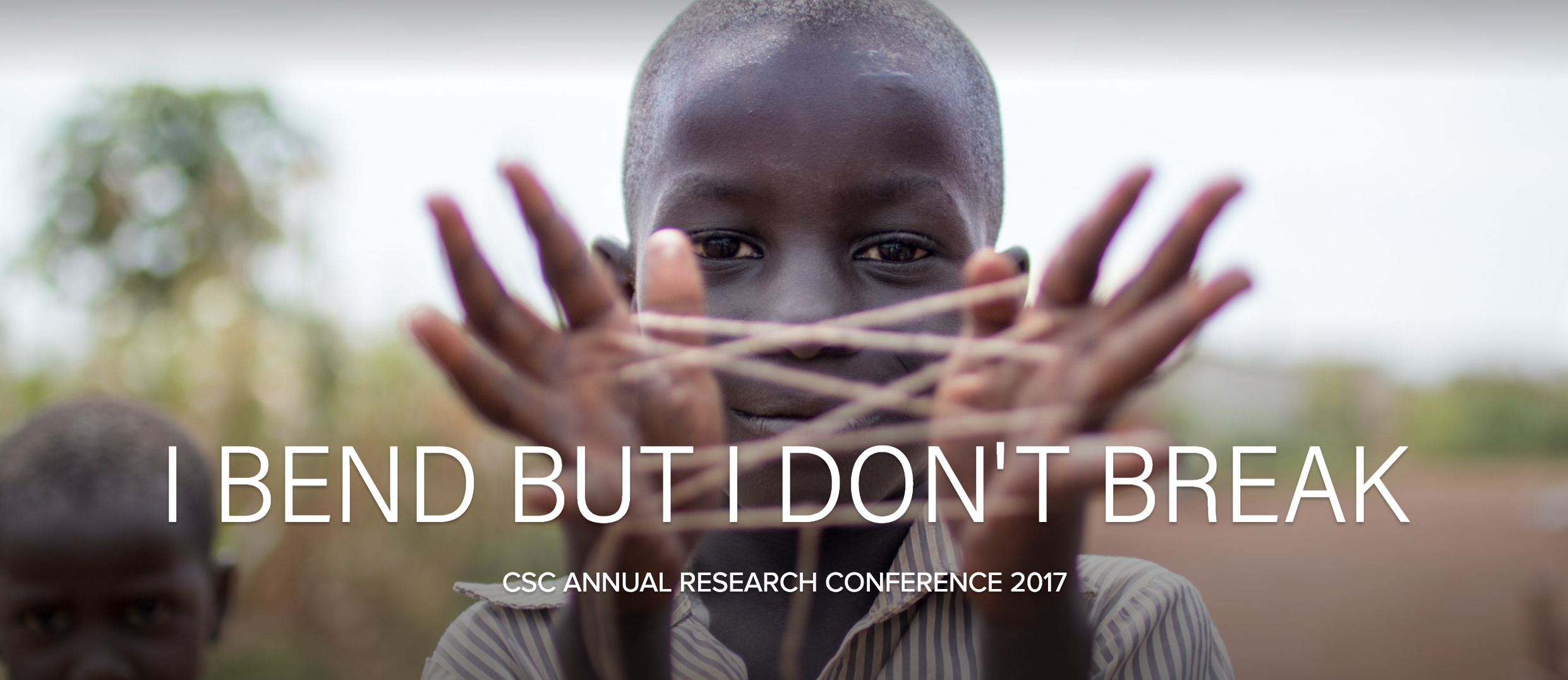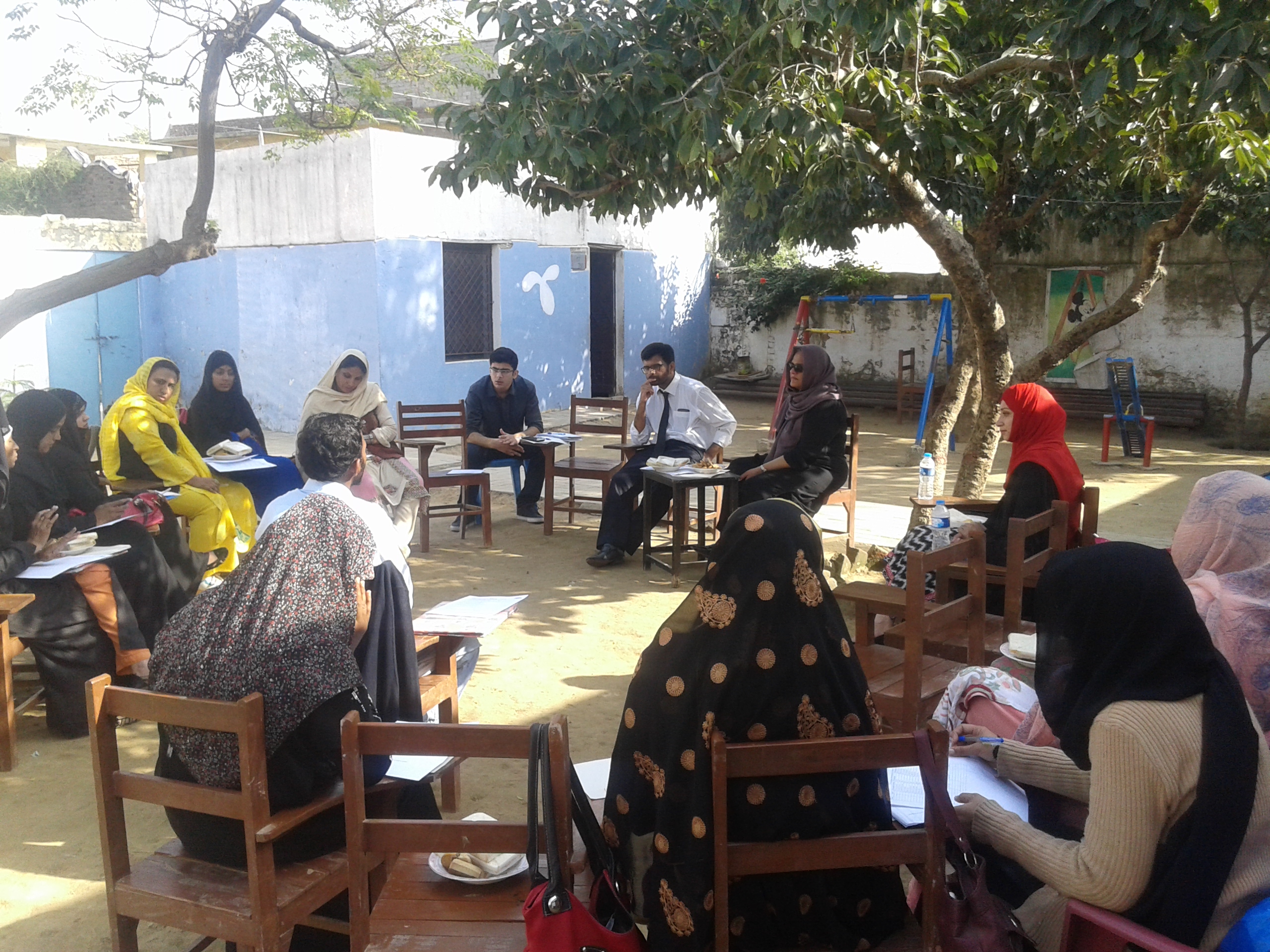This article first appeared on the Promising Practices in Refugee Education website.By Madeeha AnsariHow do refugee children live?Often, the image that comes to mind if asked that question is of a settlement like Jalozai camp in Pakistan, with rows of tents sectioned by UNHCR canvas sheets. Or what is now the sprawling Dadaab refugee complex …
By Jetske van DijkLooking back, 2017 marked a milestone in the world of child rights. The United Nations General Comment No. 21 on Children in Street Situations was published in June marking an important step towards protecting street-connected children. While children are recognised as rights holders under the Convention of the Rights of the Child …
By Jetske van DijkOn 9th November 2017, the Cities for Children team attended the Consortium for Street Children (CSC) Annual Research Conference, I BEND BUT I DON’T BREAK: Exploring Street-Connected Children’s Resilience.The day involved panel discussions and presentations of academic research, as well as hands-on workshops where practitioners shared their experiences of working with children …
Adapted from post on team member's personal blog, "The Write Thing" and refers to incidents from December 2016.The pilot phase for CfC has, of course, focused on teacher capacity building with our partners Meditrina and the Pehli Kiran School system. We're going to follow up and do many new, fun things with the PK schools.Now, we're looking to create a …
After our needs assessment, we really had to sift through the themes that we were going to work on with the PKSS teachers, while tapping the sectoral expertise of mental health professionals at Meditrina. To start with, we picked up two related sub-topics - learning and behavioural difficulties.While at this stage it is not fair …
It's official. We have quietly launched our pilot psychosocial support programme, after months of research, consultation - and negotiation.It's hard to find support for something that isn't entirely recognized as a priority. In Pakistan, the "mental health gap" or, as our doctor friends call it, the MH-gap, is not something that gets a lot of …



